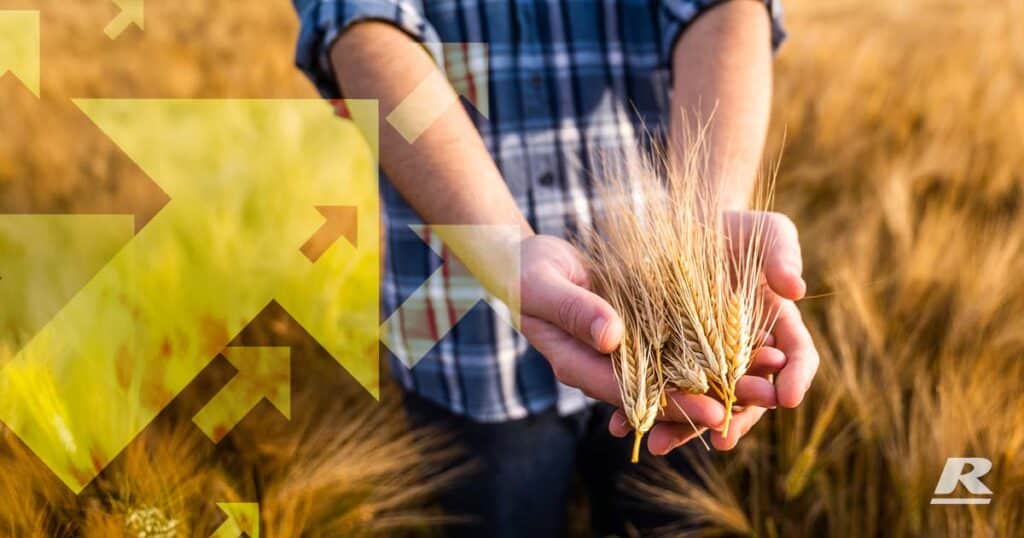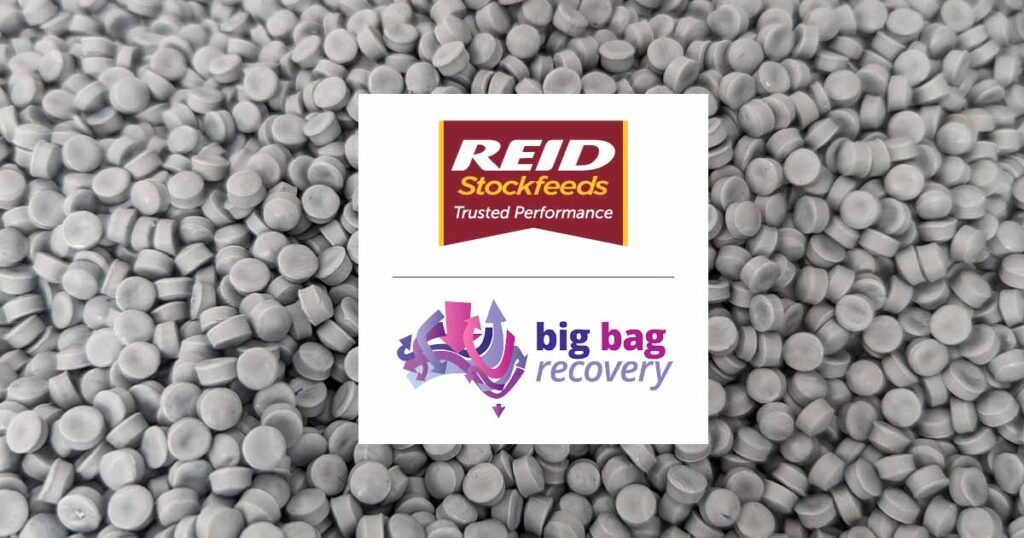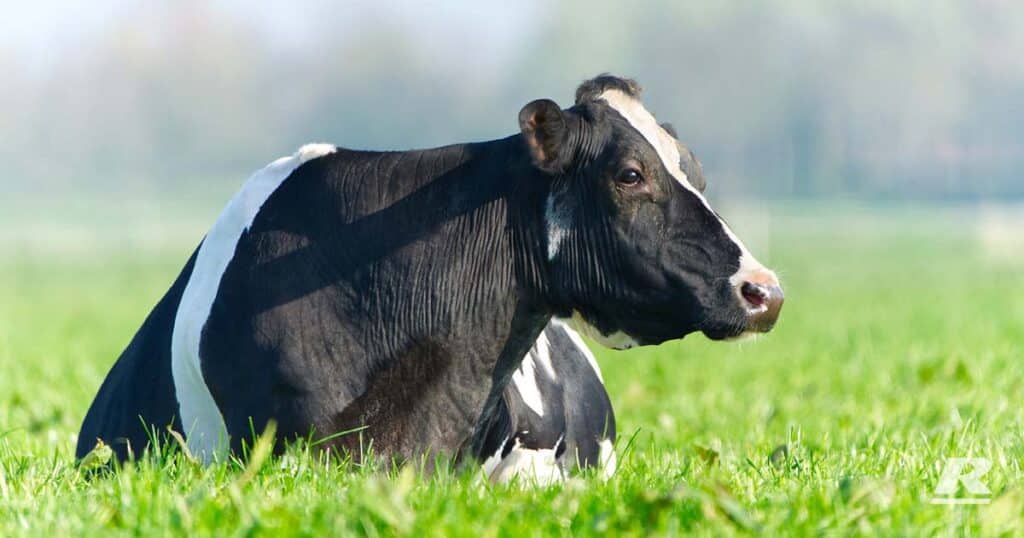We are committed to reducing our environmental footprint, enhancing the well-being of our community, and creating a sustainable agricultural industry. As a member of the Australian Packaging Covenant Organisation (APCO), we actively seek sustainable solutions to minimise plastic and packaging waste in the market.
Commitment to Sustainability
Our Approach
Reid Stockfeeds is dedicated to implementing sustainable practices across all aspects of our business.
Our Sustainability Pillars
Our sustainability efforts are grounded in four key pillars that guide our actions and goals:
Sustainable Agriculture
We are committed to reducing our environmental impact through responsible packaging and waste management practices. By partnering with APCO, we aim to keep packaging materials out of landfills and maximise the value of materials, energy, and labour within the local economy. All of our current packaging, is recyclable through local curbside programs, helping to create a circular economy.
Community Support and Inclusion
Reid Stockfeeds is dedicated to supporting rural livelihoods and increasing participation of underrepresented stakeholders in agriculture. We actively engage with and support local agricultural events, educational programs, and charity initiatives to foster a strong and inclusive agricultural community.
Reduced Waste
Grain growers and processing industries, – flour milling, ethanol production, and brewing – generate significant byproducts like bran, hulls, distillers grain and lower grade crops due to weather and soil conditions. These byproducts are not suitable for human consumption but are rich in nutrients, making them excellent feed for livestock. By diverting these byproducts into stockfeed, waste is minimised, contributing to a circular economy where no part of the grain is wasted.
Community Support and Inclusion
We’re proud to be industry leaders in reducing the use of antibiotics in our feed. Through innovative formulations and a focus on animal health and well-being, we have significantly minimised the need for antibiotics through natural additives in our stockfeed.
By reducing antibiotic use, we help mitigate the global challenge of antibiotic resistance. Our approach not only ensures responsible feeding practices but also supports the growing consumer demand for more sustainable, antibiotic-free animal products.
APCO Review
As a member of the Australian Packaging Covenant Organisation (APCO), Reid Stockfeeds is committed to sustainable packaging practices.
Each year, we submit an APCO Annual Report and Action Plan, showcasing our progress and setting future goals. Our performance is evaluated based on various criteria, including governance, design, recycled content, recoverability, disposal labelling, on-site waste, and problematic materials. In 2023, we achieved a “Good Progress” rating, reflecting our ongoing commitment to improving packaging sustainability and reducing environmental impact.
Our Goals
Our journey towards sustainability is ongoing. Reid Stockfeeds is committed to setting and achieving ambitious sustainability goals to further reduce our environmental impact and support our community.
Stay tuned for updates on our latest initiatives and progress. Explore our news articles, join our team, or browse our range of products to see how we’re making a difference.
For more information on our sustainability efforts and to learn more about our products, contact us today.
Our Partnerships
Collaborating with industry leaders to create sustainable innovative agricultural solutions.





